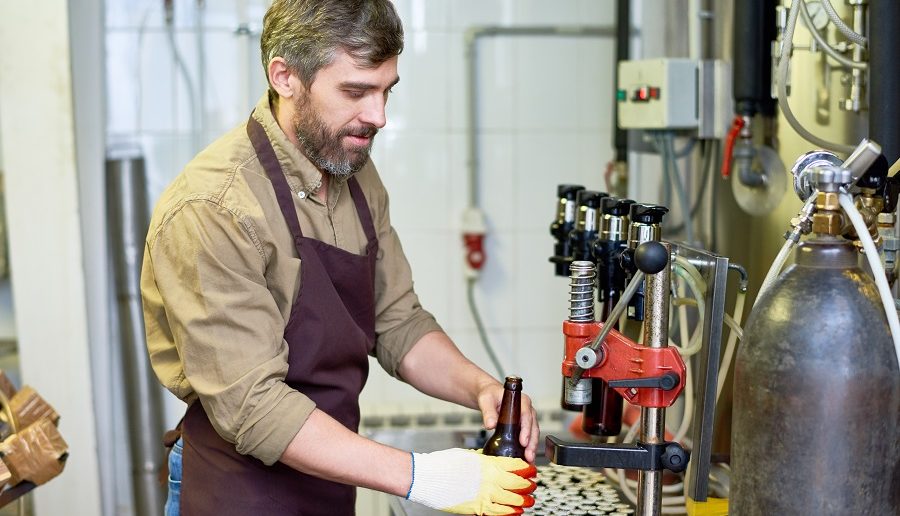How Do You Know if a Beer is Certified Organic?
You will find tons of organic goods being sold in different shops and shopping malls. Although the manufacturers claim that organic goods are much better than ordinary ones, are they really as healthy as claimed? Is it important for organic items to be costlier than ordinary ones due to their superior quality? Even when it comes to beer, people nowadays look for organic beers.
For some of the beer freaks, it is all about their health. At the same time, for others, it is all about integrity and honesty. Although for beer makers, health may not be the primary reason, they certainly believe in integrity and honesty as the key.
In The Past
If you go back in the past, you will come to know that beer used to be organic in the good old days. The makers never used any fertilizers or pesticides and neither had any certifications to set them aside from other regular products. Nonetheless, those good old days have become history and being organic is definitely a distinction in itself.
The standards set by USDA for organic beer is nothing different from the standards that are set for organic food. According to the standards, in order to be recognized as organic beer, the ingredients used in the making of beer should be grown without the use of any toxic pesticides and any synthetic fertilizers.
The soil should also be free from any chemicals for a time frame of a minimum of 3 years. The use of genetically modified ingredients is also not permitted.
If you find “100% Organic” mentioned on the label of a beer brand, you need to understand that the ingredients used in the making of the product is 100% organic, excluding the added salt and water. Even processing aids should be organic. At the same time, if you notice just the word “Organic” mentioned on a product label, it simply means that 95% of the ingredients are organic, which obviously excludes the added salt and water.
However, if you notice the phrase “Made with Organic Ingredients”, it means that the given product uses a minimum of 70% organic ingredients that excludes the added salt and water. It may so happen that the product may contain the organic and non-organic forms of the similar ingredient.
Examples may include malt and hops. It is true that such classifications may often get dicey. Any uneducated consumer can easily get misled in the name of natural products. Whereas, the same product may contain growth hormones, antibiotics, and other harmful chemicals.
A part of the organic beer is all about respect and love for the environment. Organic farming is indeed renewable farming. Pesticides and fertilizers made by man and used by man may increase the productions to unnatural levels.
However, these pesticides and fertilizers can easily damage the soil and make it erode over time. Using harmful chemicals and fertilizers can also harm the overall health of humans as these get consumed by man. In other words, organic beer is always safe and secure.




